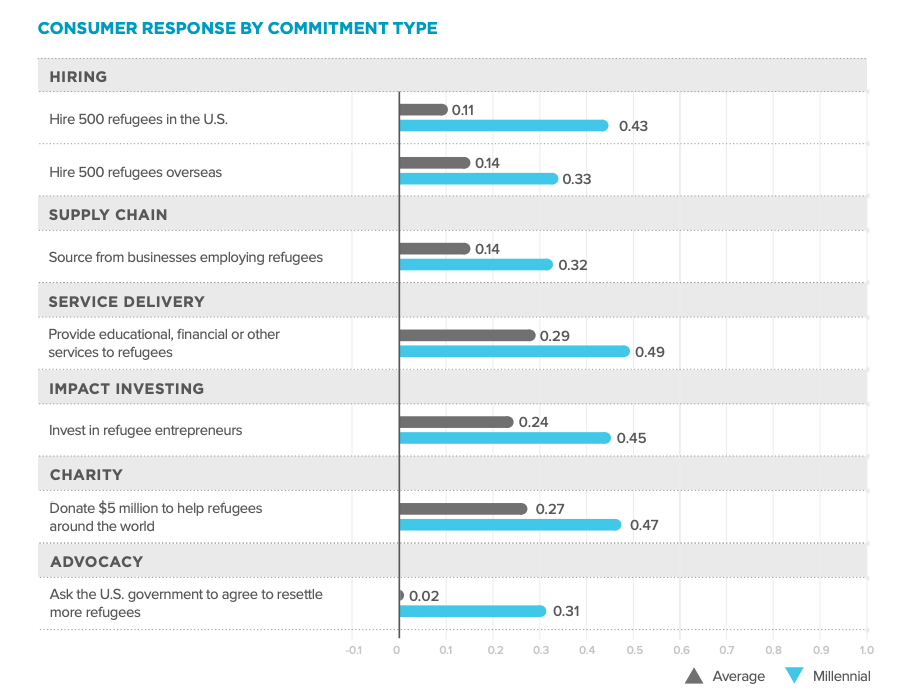Jack Crompton, Mayor of the Regional Municipality of Whistler, is probable feeling a bit lonely and foolish this morning. Thoroughly mocked and brushed away like a housefly after his ill-advised letter to Canadian Natural Resources Ltd.’s President Tim McKay, Crompton tried to do damage control with his sorta-sorry Facebook video.
Crompton was backpedalling a letter he sent in November to Canadian Natural, one of the country’s biggest companies, asking the oil and gas producer to please send some money to Whistler to help pay for the forest management and other costs the small-but-swish ski town has to incur due to climate change. That letter presumably was shared with other oil and gas company CEOs that were set to attend a CIBC investor conference in Whistler, causing CEOs to pull out in protest and CIBC to ultimately cancel that part of the program. Surely next year’s location of the conference, which has been held in Whistler for more than 20 years, is now in doubt.
On Twitter and LinkedIn, Crompton is taking a beating as a foolish hippie who doesn’t understand how his town’s bread is buttered, that is by people who fly from all over the world to ski at his town’s resorts. One transatlantic flight, as one of Crompton’s more polite critics pointed out, creates one tonne of CO2.
McKay responded to Crompton in a letter dated Friday (a month after Crompton sent his letter and the same day the story became news) with a three-page letter that was then shared by employees on LinkedIn, reframing the problem of climate change as global, and one about consumption rather than production, as Crompton approached it.
If McKay had been bolder, he would have made the statement publicly, rather than letting his response drip out. But as far as I can tell, McKay, the head of a $41 billion company, doesn’t even have his own LinkedIn account.
The conversation between Crompton and McKay is an important one for the country to have. It shows how very differently stakeholders of climate change, i.e. everyone, see the problem, which can only lead us closer to progress. How to address climate change is a conversation we need to have in public, between government, not-for-profits, First Nations groups, consumers, and, importantly, business leaders from all industries, not just oil and gas.
McKay took the the safe way out with his not-actually-private response, and right now, the public is vocally on his (or more accurately, the industry’s) side. But this could have played out very differently, and Canadian CEOs should be mindful of more of this to come.
Had Crompton’s letter not demonstrated a stunning lack of self-awareness on the part of the town, had Crompton published a better letter publicly rather than sending it to the president directly, had Canadian Natural recently had an environmental accident weakening its reputation, had McKay been under a cloud of suspicion for something, all of this could have gone very differently.
The campaign, being engineered by West Coast Environmental Law, is actually much wider than Whistler and Canadian Natural. The group’s website tracks who has sent letters to whom, with full text of responses. Eventually, groups like this will get more sophisticated and organized, and they will less easy to brush off.
CEOs who aren’t on the offence are playing defence, and in Canada, leaders are ill-prepared to fend off similar more savvy attacks. Frustrated municipal leaders are just one constituency who see opportunity in publicly calling on the CEO for action. We’re going to see much more of this strategy and some CEOs are going to lose their jobs due to poor response.

